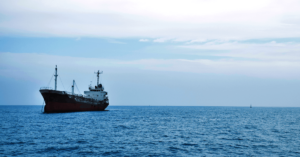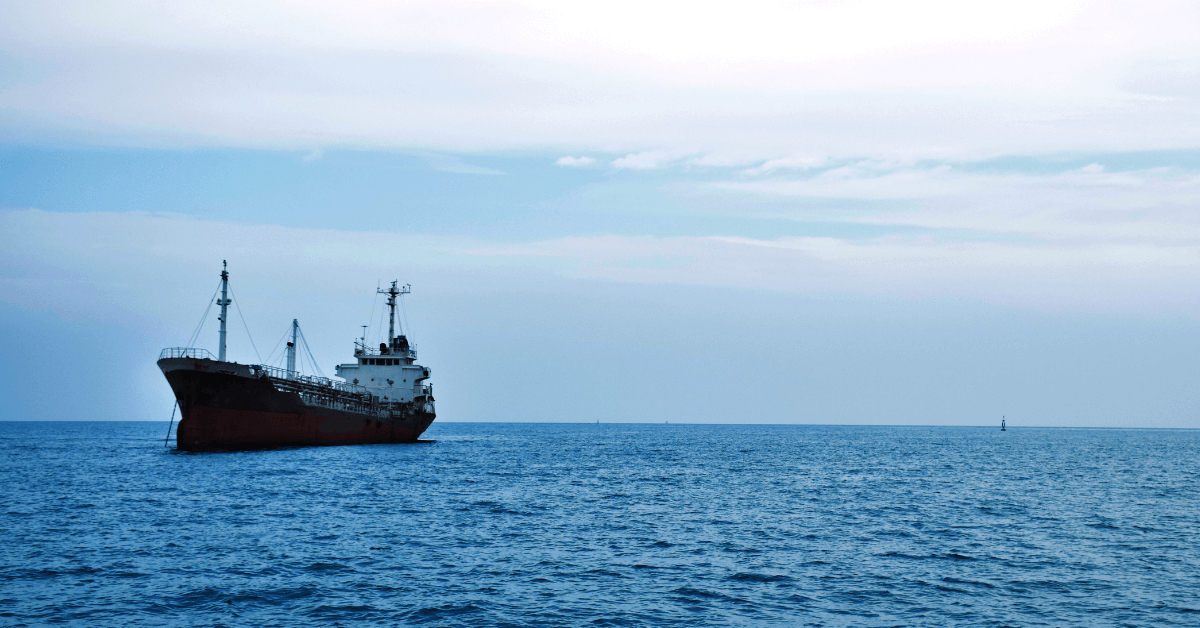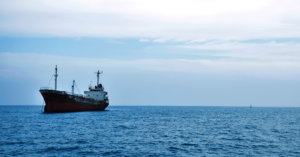
U.S Navy Deploys Another Warship To Repel Houthi Attacks & Secure The Southern Border
April 12, 2025
World’s First Hydrogen-Powered Superyacht Worth $645 Million Listed For Sale
April 12, 2025

Taiwanese authorities have charged the captain of a Chinese-crewed freighter for intentionally damaging a major undersea cable that connects Taiwan’s main island to the outlying Penghu Islands.
This is the first time Taiwan has prosecuted someone for such an act.
According to the Tainan District Prosecutors Office, the incident occurred between February 22 and 25. During that time, the freighter Hong Tai, flying a Togo flag but manned by a Chinese crew, was spotted near Beimen District, a restricted zone where undersea communication cables are laid.
The ship’s captain, a man identified only by his surname Wang, instructed the crew to drop and drag the anchor along the seafloor in a zigzag motion.
This maneuver occurred right above the Taiwan-Penghu No. 3 cable, a crucial line that carries telephone and internet signals between the islands.
That area has been marked as a no-anchor zone by the Taiwanese government to prevent such damage.
Authorities said the ship’s navigation system had marked the positions of these undersea cables, indicating that the captain should have been aware of the cable’s location.
The cable lies about five nautical miles, or roughly nine kilometres, off the coast of Tainan’s Beimen District.
The Coast Guard received a report that the Hong Tai was lingering in the no-anchor zone. Around 2:30 am on February 25, the ship was ordered to leave.
Less than an hour later, at 3:24 am, Chunghwa Telecom reported that the Taiwan-Penghu No.3 cable had been severed and was no longer transmitting any signals.
The Hong Tai was quickly intercepted and taken to the Port of Anping for investigation. All eight crew members including the Captain were detained for questioning.
During the investigation, prosecutors said Wang denied the accusations and refused to reveal the identity of the ship’s owner or any possible orders behind the incident.
He had no fixed residence in Taiwan and had earlier entered the country using false documents through Keelung Port. Due to concerns that he may flee and his uncooperative behaviour, prosecutors requested his continued detention, which was approved by the court.
Wang was indicted under Taiwan’s Telecommunications Management Act, but the other seven crew members (also Chinese nationals) were not charged because there wasn’t enough evidence against them.
However, they remain under strict travel restrictions and are monitored electronically until they are deported by the Coast Guard.
If convicted, Wang faces a prison term of one to seven years and a fine of up to NT$10 million (about US$307,000) for disrupting the function of critical communication infrastructure.
Officials say that this case is an important one, as it is Taiwan’s first ever formal prosecution related to damage to submarine cables. So far in 2025, Taiwan has reported five such incidents, compared to just three in each of the past two years.
Taiwan’s coast guard has compiled a “blacklist” of nearly 100 ships. These vessels are said to have links to China but are registered in other nations.
Earlier in January, Taiwan suspected another China-linked ship of damaging a different cable off the northern coast. Though the owner of that vessel denied involvement, the government has grown increasingly alarmed by such cases, which often coincide with rising regional tensions.
Just last week, Taiwan’s defense ministry reported detecting 21 Chinese aircraft participating in combat drills alongside warships near the island.
References: Reuters, Taiwan News
Source: Maritime Shipping News


